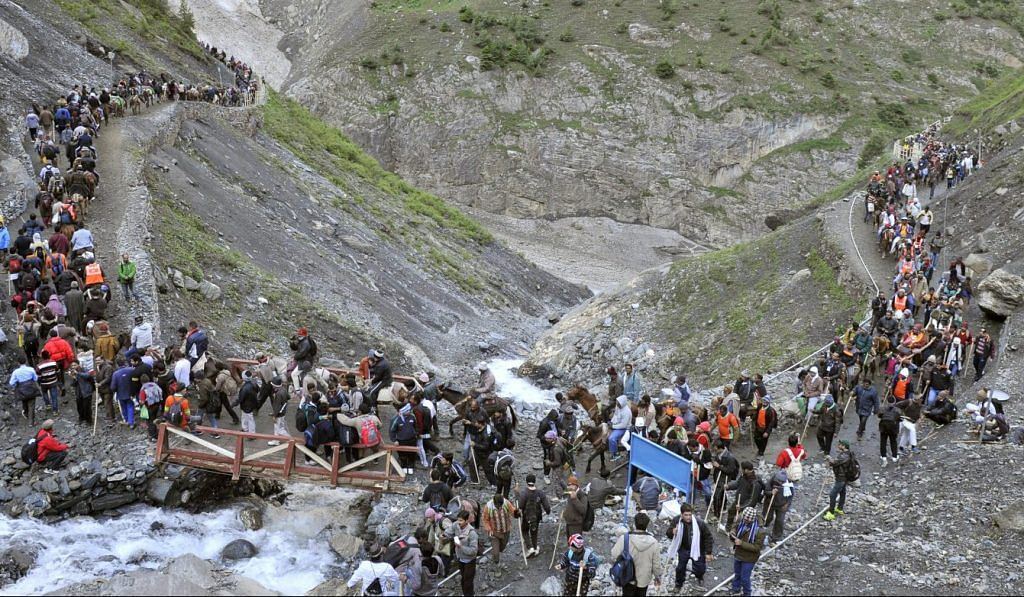The Print asks:
Is National Green Tribunal order to clean up Amarnath another example of overreach?
We often tend to simplify things—that is a major problem in this case. The NGT is a tribunal. It has been set up to provide effective and expeditious disposal of cases related to the environment and conservation of nature. As executives are failing to protect the environment, more people are approaching the NGT, even for those cases that normally would not be considered to be within its ambit.
There are issues with the NGT which can harm the objective of effective environmental justice. There is a strong perception that it wants to hog more powers and take on other government institutions. The other perception is that of its judicial overreach. The conflict between the NGT and the environment ministry is harming the very objective of setting up the tribunal. The NGT needs the support of various institutions to deliver effective justice. It can’t operate in isolation.
The other issue that the NGT must correct is its taking up frivolous and anti-people cases. For instance, in one case the principal bench of the NGT ordered closure of eating joints in Delhi that have not applied for operating consent. It is a different matter why restaurants have to take consent from the pollution control boards at all. But if this judgment of the NGT were to be applied across the country, then we will have to effectively close down most restaurants.
In another case, the NGT took strong exception to the nailing of ‘Bus Stop’ signs on trees by the Delhi Transport Corporation. People are questioning how come such cases fall under ‘substantial question relating to the environment’? Should not these issues be handled by local authorities?
In Noida, the NGT stopped the construction of buildings simply because the government departments failed to do their job. This actually hurt the homeowners, and nothing happened to the officials who didn’t do their job. The NGT will have to guard against such cases and decisions simply because otherwise it will loose both public and the policymakers’ support.
The NGT also needs to put certain systems in place for transparent decision making, and for effective delivery of justice. It has started putting financial penalties on the polluters, but so far it has not come out with a guideline on this.
Over the last few years, there has been a general sense that judgments by the NGT lack technical rigour. They have both judicial and expert members. If they are not using experts properly, then it is not meeting its mandate.
The bottom line is that the NGT has to resolve the above issues. But the fact also is—presently it is the only institution that seems to be taking some decisions.
Chandra Bhushan is the Deputy Director General at the Centre for Science and Environment
